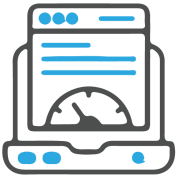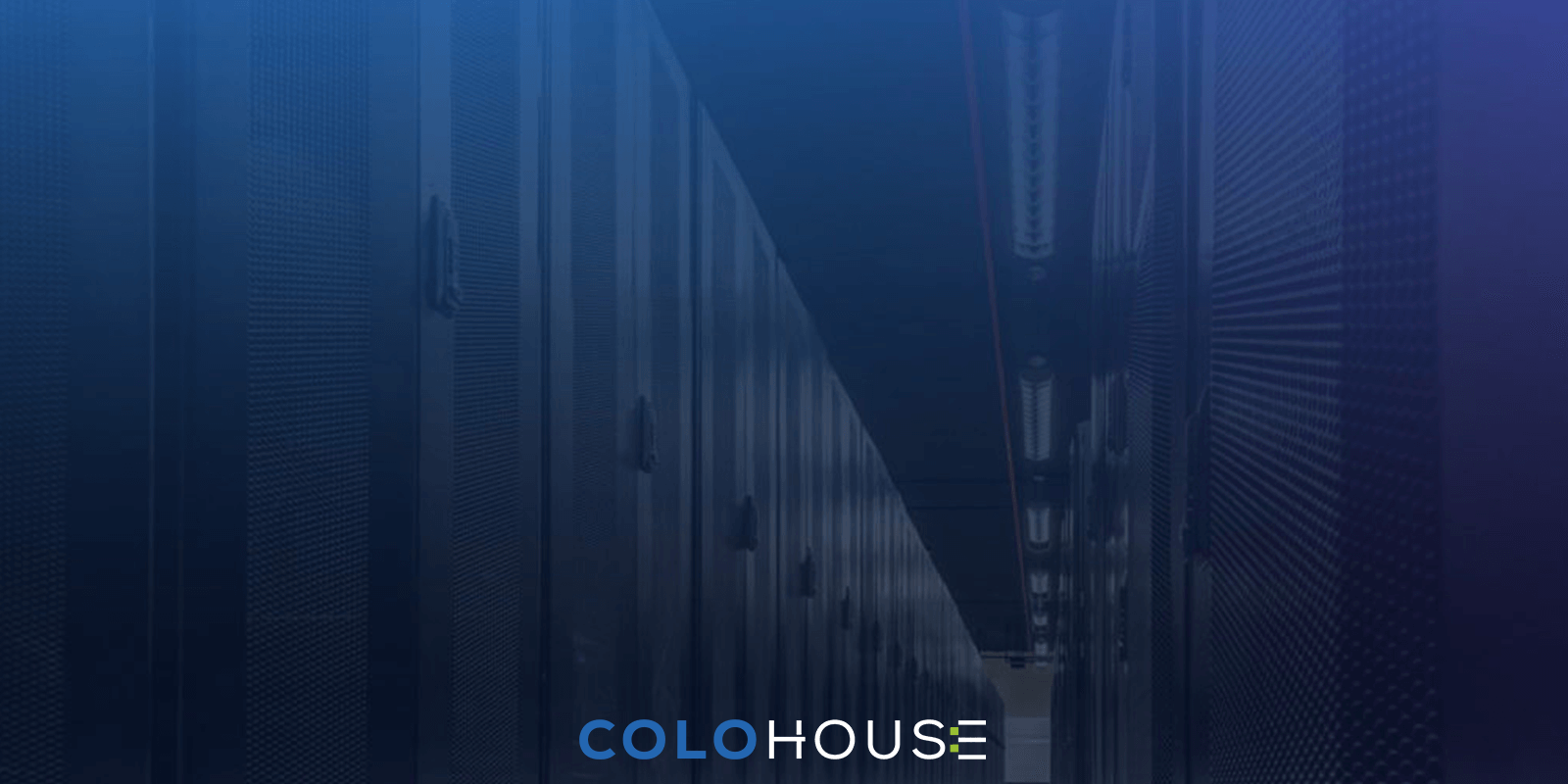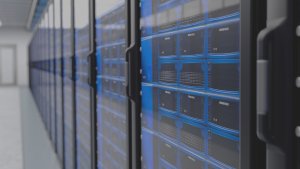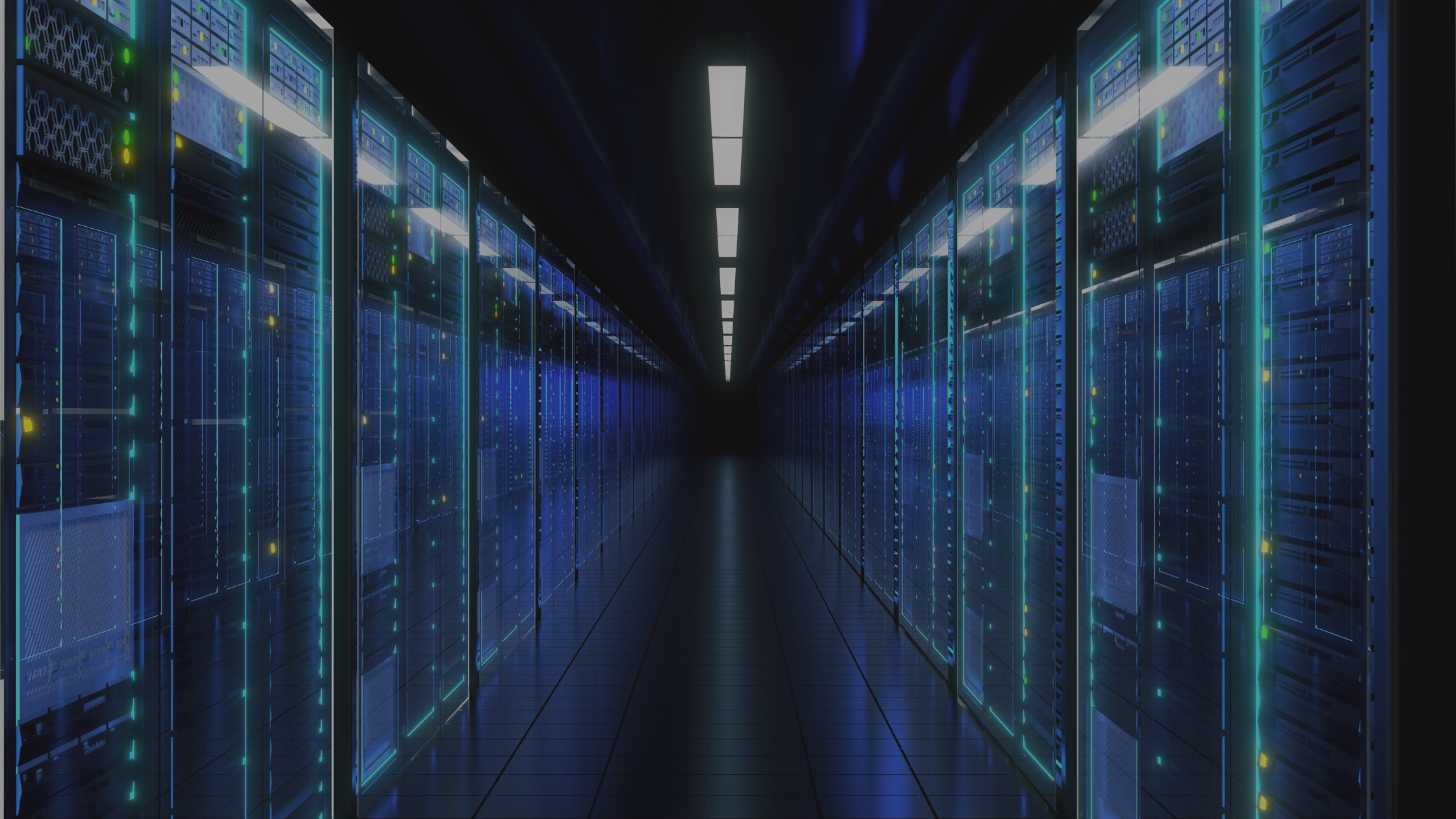When opting for a data center facility, or service option, there are many options to consider – each tailored in order to accommodate a multitude of industries and business needs. Understanding the different data center facilities and service offerings available is important . An overview of a few of the popular data center facilities and service offerings in the industry today:
In-house facilities
An in-house data center is just as it sounds – a facility that is designed, built, and operated by a business internally. This approach limits or omits involvement from a third party, where the business takes to provide the space, power, cooling, and equipment necessary to sustain operations. In-house hosting typically requires a long term commitment and investment. It is more common among larger organizations and those with companies already in the tech industry, as an experienced technical support team is necessary in order to maintain the complex data center architecture.
Colocation facilities
A colocation data center is quite the opposite of an in-house data center. Colocation facilities are third party organizations that are multi-tenant accessible, meaning that multiple businesses of any size or industry may house their equipment within the data center. Customers are able to select from a variety of solutions to accommodate the specific requirements for their business.
Colocation solutions typically include combinations of quarter, half, or full cabinets, as well as cages. In a colocation environment, customers are still granted access to their equipment, but outsource facility/location, and in some situations support to the provider. Some data center facilities are carrier-neutral, meaning that the data center does not affiliate with a single connectivity provider, but delivers access to multiple providers through a meet-me-room in the facility. Colocation data centers also offer power, cooling, security and 24-hour access, similar to in-house and other types of facilities.
Wholesale data center facilities
Wholesale data centers further expand standard colocation offerings. Wholesale providers lease space and power in larger capacities than a colocation model, and as such, typically house fewer customers. In these facilities, private suites and large cages are standard – or, in some cases, businesses may rent out an entire facility for its own dedicated use.
Wholesale data centers – like in-house facilities – are popular among larger enterprises, as they remove the task of building and running an entire facility internally. These facilities offer more control over design space than a standard facility, but still require a large commitment in terms of energy use and overall expenses.
Dedicated hosting
Dedicated hosting offers a smaller-scale system for customers to store their information. In dedicated hosting server capacity is rented to single customers, to be managed independently by that customer. In a dedicated hosting solution, typically no additional services are provided and the customer maintains full control over his or her server. That server is often dedicated to a single business or individual for a single purpose, such as website or application management. In a dedicated hosting solution, businesses are able to maintain their equipment without sharing among multiple customers and are granted access to all of the server’s resources, operations, and security measures for their own use.
Managed hosting
Similar to dedicated hosting, managed hosting services operate under similar conventions, but provide an additional set of amenities for customers utilizing the servers. In a managed hosting solution, the provider operates servers for its customers, while additionally providing administrative and engineering services. Some of these services included (but are not limited to) database and operating system administration, managed security and storage services, disaster recovery services, application management services, systems monitoring, and remote management. In this environment, the server may be owned by either the provider or customer, but the management of that server is the responsibility of the provider and not the individual.
A final type of service offering that is common within the industry is shared hosting. In a shared hosting solution, customers share server capacity – namely, a server acts as a host to multiple clients or businesses. This shared hosting includes both the sharing of the physical server as well as the software and applications within the server. To make shared hosting possible, the facility deploys an interface overlaying the physical server in order to facilitate multi-tenant applications so that customers can configure their individual services. Shared hosting services are typically more affordable due to the fact that the server cost is split between businesses.
The options above are just a few of the common types of data center facilities and services offered within the industry as a whole. In evaluating data center providers, it is most important to ensure that the solution will best fit the business and its individualized needs. With the many options available today, businesses have the ability to select an option that most aligns with their industry goals and will help facilitate their future.
Ready to take the first step? Check out our Ultimate Buyer’s Guide to start! At ColoHouse, our infrastructure is managed more efficiently so it adjusts to the needs of your business. Need help with a plan for your business? Please contact us at +1 305-731-2225 or use our contact form. Our team is happy to discuss your situation and requirements to help you get the best solution for your business.















